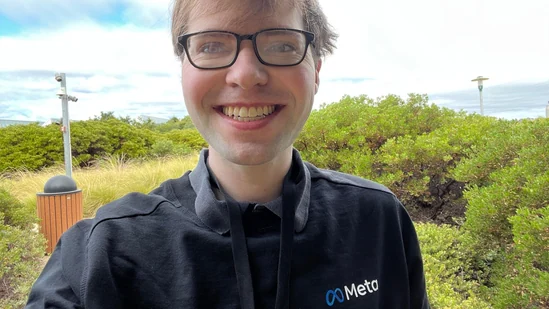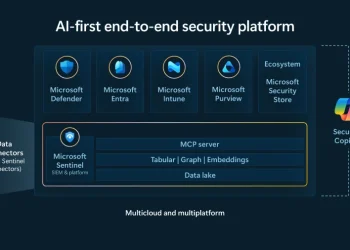Meta’s aggressive recruitment efforts in artificial intelligence are well documented. However, Meta’s AI hiring spree has intensified as Mark Zuckerberg pursues ‘superintelligence’ goals. New details reveal how extravagantly the company pays for top AI talent. Additionally, the company faces challenges with candidates who reject even generous offers.
Specifically, some prominent AI researchers remain unmoved by substantial compensation packages. For instance, Mira Murati’s co-founder at Thinking Minds Lab, Andrew Tulloch, declined a $1.5 billion pay package. Nevertheless, other talented individuals have accepted Meta’s offers. Former Apple AI models team head Ruoming Pang and Shengjia Zhao have joined the company’s AI initiatives.
Furthermore, a new name has emerged in Meta’s AI hiring spree: Matt Deitke. The 24-year-old AI researcher has joined Meta’s newly established Superintelligence Labs unit. According to The New York Times, Deitke accepted his position after a personal conversation with Mark Zuckerberg.
Initially, Meta offered Deitke compensation of approximately $125 million in stock and cash over four years. However, the young researcher refused this generous package. Consequently, Zuckerberg personally met with Deitke to discuss a revised offer. The improved proposal included around $250 million over four years, with up to $100 million payable in the first year alone.
Moreover, similar reports of Zuckerberg meeting potential recruits have emerged recently. The Meta CEO is determined to accelerate his company’s progress in the AI race. Specifically, he aims to build ‘superintelligence,’ a hypothetical stage where AI surpasses human capabilities. This ambitious goal requires attracting top talent faster than competitors.
In pursuit of this objective, Zuckerberg has poached talent from leading companies. These include OpenAI, Anthropic, Google, and Apple. Meta’s AI hiring spree directly targets competitors’ most valuable employees. The strategy reflects the intense competition in the artificial intelligence sector.
Additionally, Meta’s financial commitment to AI development is substantial. In its recent earnings report, the company announced capital expenditure increases. Specifically, Meta plans to spend $72 billion in 2025, up from $30 billion in the previous year. This dramatic increase demonstrates Meta’s dedication to AI advancement.
Turning to Matt Deitke’s background, he is a recent dropout from a computer science Ph.D. program. The University of Washington was his academic institution before joining Meta. Furthermore, Deitke gained experience at the Allen Institute for Artificial Intelligence in Seattle. During his tenure there, he led development of a project called Molmo.
Importantly, Molmo is an AI chatbot that processes images, sounds, and text. This capability aligns closely with Meta’s AI development goals. Consequently, Deitke’s expertise in multimodal AI systems made him a valuable recruitment target.
Moreover, Deitke and several Allen Institute colleagues founded an AI startup called Vercept. The company focuses on creating AI agents, reflecting cutting-edge research interests. Vercept employs around 10 people and has secured $16.5 million in funding. Notably, former Google CEO Eric Schmidt is among the investors supporting the venture.
The Meta’s AI hiring spree strategy demonstrates several key trends in the technology sector. First, companies are willing to pay extraordinary sums for proven AI talent. Second, personal recruitment efforts by CEOs show the strategic importance of key hires. Third, the competition for AI researchers intensifies as companies pursue superintelligence goals.
Looking ahead, Meta’s AI hiring spree is likely to continue. The company’s substantial financial resources enable aggressive talent acquisition. Additionally, Zuckerberg’s personal involvement signals the strategic priority of AI development. However, the market for top AI researchers remains highly competitive. Other technology giants will similarly pursue the best available talent.
The implications of such extravagant compensation packages extend beyond individual careers. They reflect the broader economic dynamics of the AI industry. Companies view AI talent as critical to future success and market position. Therefore, they justify substantial investments in recruitment and retention.
Furthermore, the emergence of startups like Vercept shows how AI research creates entrepreneurial opportunities. Young researchers can leverage their expertise to found companies and attract significant investment. This dynamic adds another layer to the competition for talent.
Ultimately, Meta’s AI hiring spree represents a critical component of the company’s strategy. The pursuit of superintelligence requires assembling world-class teams. While some candidates resist even generous offers, others join Meta’s ambitious AI initiatives. The company’s willingness to invest heavily in talent acquisition demonstrates its commitment to leading the AI revolution.














